Estradiol Valerate Injection
| Pack Size | Price | Price / Unit | Quantity |
|---|
Want to order in bulk / B2B price ? | Send Inquiry |
We do not sell this product
Category: Women's Health Tags: Buy Estradiol Injection, Damson Pharmacy, Estradiol Injection, Estradiol Valerate Injection Manufacture: Perrigo Company Plc

| SKU | 11388 |
| Manufacturer | Perrigo Company Plc |
| Categories | Women's Health |
| Delivery Time | 10 - 14 Working Days |
| Strength | 40 mg / mL |
Introduction to Estradiol Valerate Injection
Estradiol Valerate Injection is a hormone-based medication commonly prescribed for estrogen replacement therapy. It is used in various medical conditions where estrogen levels need to be supplemented or regulated, particularly in individuals experiencing hormonal imbalance or undergoing specific hormonal treatments.
This injectable form of estrogen allows for controlled and sustained delivery into the body. It is often recommended for people who require consistent hormone levels over a longer period, reducing the need for daily administration compared to oral medications.
Estradiol Valerate Injection is typically administered by a healthcare professional through intramuscular injection. The dosage and frequency depend on the individual’s medical condition, age, and treatment goals, and it should only be used under medical supervision. It is manufactured by Perrigo Company.
Uses of Estradiol Valerate Injection
- Hormone Replacement Therapy (HRT)
- Estrogen Deficiency
- Menstrual Disorders
- Gender-Affirming Therapy
- Postmenopausal Osteoporosis
How Does Estradiol Valerate Injection Works?
Estradiol Valerate Injection delivers a synthetic form of estrogen into the body, which mimics the natural hormone produced by the ovaries. Once injected, it is slowly absorbed into the bloodstream, maintaining stable estrogen levels over an extended period.
This helps regulate various physiological functions influenced by estrogen, such as reproductive health, menstrual cycles, bone density, and mood. By supplementing estrogen, the injection helps manage symptoms related to hormonal deficiencies or imbalances in different medical and transitional treatments.
Side Effects of Estradiol Valerate
- Nausea or vomiting
- Headache
- Breast tenderness
- Mood changes (e.g., irritability)
- Irregular bleeding or spotting
- Mild fluid retention
- Weight changes
Dosage of Estradiol Valerate
The dosage of Estradiol Valerate Injection depends on the condition being treated, the patient’s age, and their individual hormonal needs. For hormone replacement therapy or menstrual regulation, typical doses range from 5 to 20 mg administered intramuscularly every 2 to 4 weeks under medical supervision.
In gender-affirming hormone therapy, healthcare providers may prescribe 10 to 40 mg every 2 weeks, adjusting the dose based on hormone levels and response to treatment. It’s essential not to self-administer or alter the dosage without a doctor’s guidance to avoid potential hormonal imbalances or side effects.
How To Manage Side Effects?
Managing the side effects of any medication, including Estradiol Valerate Injection, requires careful attention and communication with your healthcare provider. If you experience side effects, here are some general tips on how to manage them:
- Communicate with Your Healthcare Provider
- Dosage Adjustment
- Addressing Mild Side Effects
- Monitoring and Regular Check-ups
- Discussing Alternative Formulations or Medications
- Lifestyle Modifications
- Immediate Medical Attention
Warnings & Precautions
Estradiol Valerate Injection However, when using any medication containing estradiol or any other estrogen, it’s important to be aware of general warnings and precautions associated with estrogen therapy. Please note that this information might not be specific to the formulation you mentioned, so it’s crucial to consult the prescribing information or your healthcare provider for details relevant to your situation. Here are some general warnings and precautions associated with estrogen therapy:
1. Risk of Blood Clots:
- Estrogen therapy may increase the risk of blood clots, particularly in the legs (deep vein thrombosis) or lungs (pulmonary embolism).
2. Increased Risk of Stroke:
- Estrogen use may be associated with an increased risk of stroke, particularly in older women.
3. Breast Cancer Risk:
- Long-term use of estrogen therapy may be linked to an increased risk of breast cancer.
4. Uterine Cancer Risk:
- Estrogen alone (without a progestin) may increase the risk of uterine cancer in women with a uterus.
5. Ovarian Cancer Risk:
- Some studies suggest a potential association between long-term estrogen use and an increased risk of ovarian cancer.
6. Gallbladder Disease:
- Estrogen use may be associated with an increased risk of gallbladder disease.
7. Liver Problems:
- Estrogen therapy may affect liver function, and caution is advised in individuals with pre-existing liver conditions.
Storage
- Store at Controlled Room Temperature
- Do Not Freeze
- Protect from Light
- Keep Out of Reach of Children
- Check Expiry Date
Be the first to review “Estradiol Valerate Injection” Cancel reply
Related Products
No related Products Found

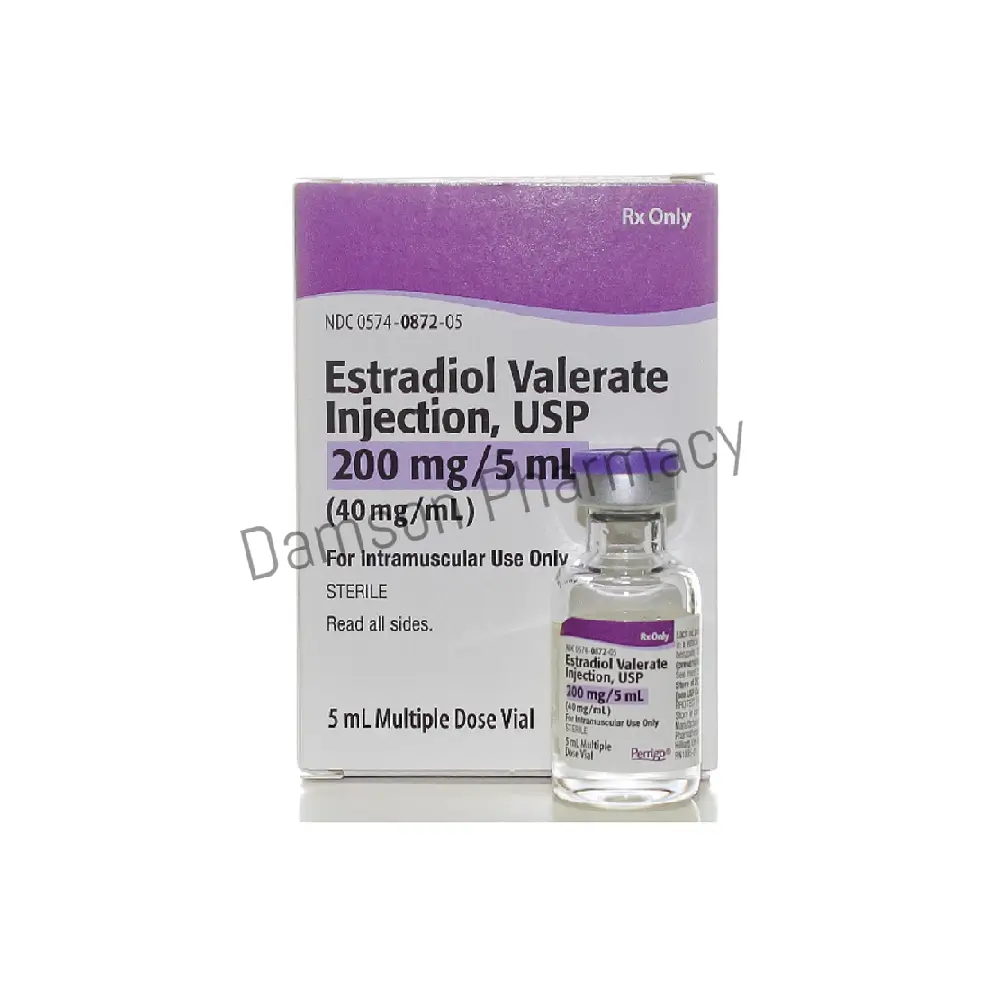
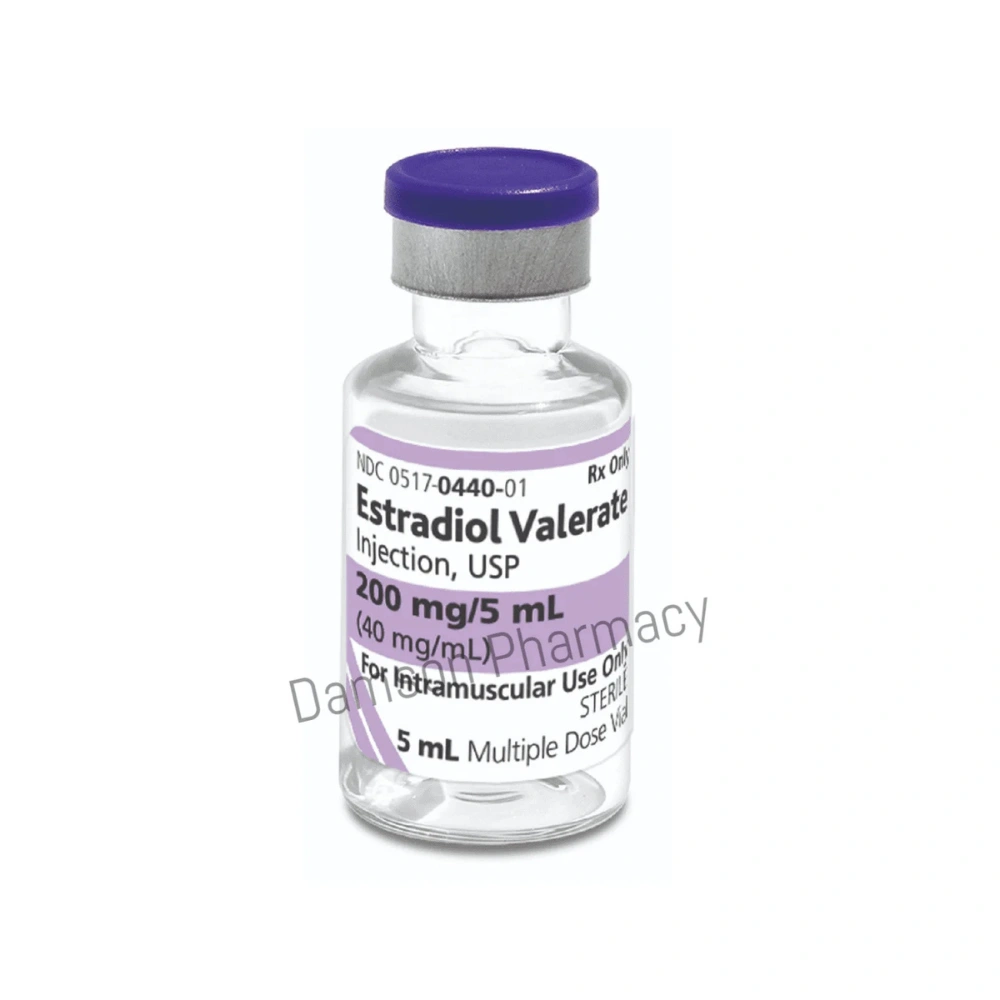
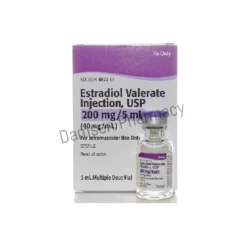
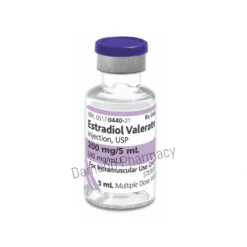
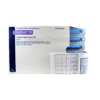
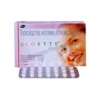
Reviews
There are no reviews yet.